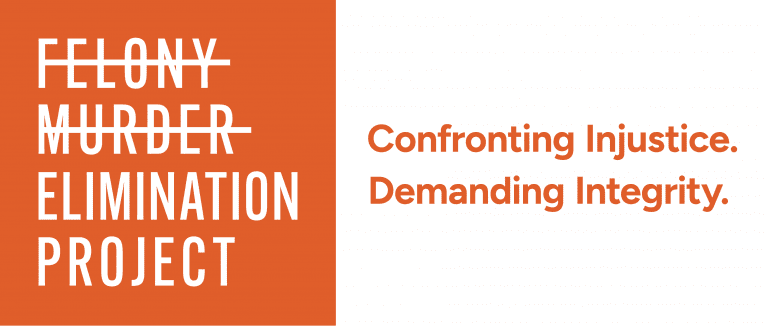This month marks the release of Ending Isolation: The Case Against Solitary Confinement. Written by Christopher Blackwell, Deborah Zalesne, Dr. Terry Kupers, and Kwaneta Harris, the book is told through Blackwell and Harris’ firsthand accounts of years spent in solitary confinement. Through their accounts and discussion of the damage inflicted upon the mind and body through use of solitary confinement, the book argues that the practice of solitary confinement is a form of systemic, state-orchestrated torture that needs to be abolished.
Abolition activist Angela Y. Davis recently offered her feedback on the book, stressing how important it is to listen to incarcerated people, considering their perspective and lived experiences within the prison abolition movement. Davis states: “These compelling reflections by people who have been entrapped within the tortures of solitary should rekindle our abolitionist impulses at an especially critical moment in our history.”
In speaking about Journey to Justice Bus Tour, an interactive museum on a repurposed bus that combines art and activism in the fight to end solitary confinement, Harris sat down for an interview. Excerpts from that interview are included below.
I will never be the same.
Picture a walk-in closet. Now strip away everything that makes it human. The concrete walls, they’re so rough that you break your skin if you lean against them too long. The steel bed, steel toilet seats — all of that steel is always either burning hot in the summertime or freezing cold. Even the lights are harsh, fluorescent lights. They whine.
The floor is concrete. It’s stained. Stains of desperation of everyone before me. These dark stains are everywhere. When I run my hand along those walls, I can feel the chipped paint. I can feel scratches that other women made. Prayers, scripture verses, initials with hearts, and marked days that are carved. Demarking the only way they could of the days that passed.
My name is Kwaneta Harris. I’m calling from the Lane Murray unit in Gatesville, Texas. I’ve been in solitary confinement about four times, with the longest stretch being eight and a half years.
The very first time I entered solitary was for rolling my eyes at a captain while I was in line at the mailroom. He kind of frog-marched me to solitary confinement.
The door closed. I felt like I was in a steel tomb. The silence was like so complete. It felt like the world forgot that I existed. This wasn’t punishment. This was erasure. They’re not trying to just lock me away. They’re trying to disappear me.
For the first seven years that I was in solitary confinement, I wasn’t allowed to use the phone. I was so desperate to remember my family’s voices, to hear their voices, and I would just want to sleep. When I was sleeping, I see my children. I hear my children. I could dream about my mom. It’s a happy time.
Solitary, it kills you in ways that don’t show up on death certificates. I’ve watched women die in there, not from violence, not from medical neglect, but they die from hopelessness. It kills a part of you. You’re never the same.
But let me tell you what solitary actually protects. It protects the system. The system that has given up on rehabilitation in people. Alright? It protects guards who don’t want to deal with the inconvenience of treating us like human beings. It protects administration. They find it easier to bury problems than to solve them.
You can listen to the full six minute excerpt here —>>> Journey to Justice Bus Tour – Kwaneta’s Story



